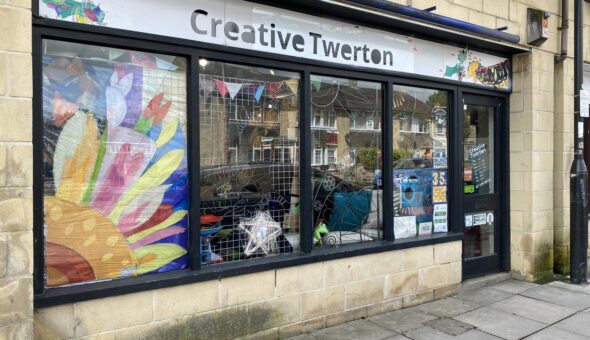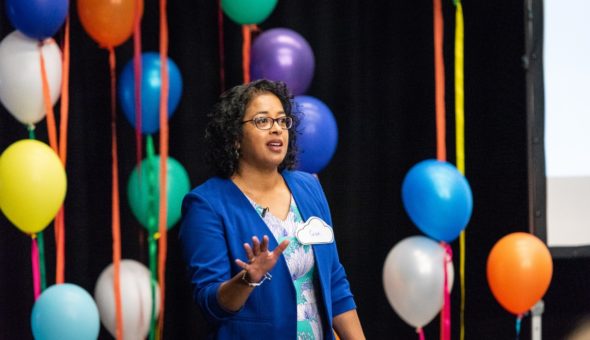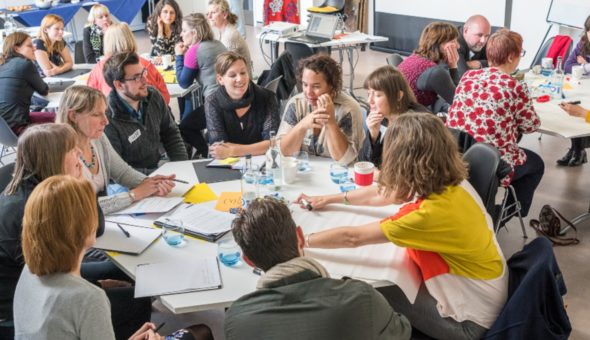Back in January 2020 at an event at the Guildhall, the Vice-Chancellor stated publicly the University’s intention to develop a Civic University Agreement, a commitment outlining how the University will contribute to our local area and region. Since that event, we’ve seen some examples of just how we, as a University, can contribute to our locality with research, projects and initiatives run by staff and students in response to the COVID-19 emergency.
The Civic University Agreement project that formally began this month is the culmination of work and thinking over the last year, and we wanted to take a moment to share some of that context with you. Also we will outline the process we’ll be using to develop the University of Bath’s Civic University Agreement in collaboration with colleagues across the University.
Enhancing our relationship with our city and region
From the outset, Professor Ian White has been clear on his desire for the University to strengthen the part it plays in our local community. He has not only highlighted the successful ways we currently engage locally, through staff and student involvement in a range of initiatives or use of the University’s facilities and venues but has been candid in acknowledging past tensions in our relationship with our local community.
Ian has also been keen that we learn from others in how we engage locally and build on the work started prior to his arrival by Professor Bernie Morley's and others work to build more constructive relationships with a range of civic partners such as Bath and North East Somerset council.
Civic University Commission
It was around the time of Ian joining the University that UPP Foundation, through their Civic University Commission (a major inquiry into the role of universities in their localities) launched their Truly Civic report (pdf). The primary recommendation from the inquiry was a call to action for higher education institutions across the UK to create civic agreements in collaboration with their local communities, businesses and other institutions and organisations. These agreements are statements of intent, based on local needs, as to how universities would operate in their region. These agreements outline how a university will contribute to the environmental, social, cultural, and economic wellbeing of its place.
Universities rooted in their place
This concept of place is one that has been growing significantly over the last few years. There are several key drivers coming from funding bodies such as UK Research and Innovation including:
- Strength in Places fund - focused on boosting research and innovation capacity in specific areas of the UK to support economic development
- Public engagement with Research and Innovation strategy - with funding targeted to supporting place-based public engagement with research and innovation for the first time.
But this is not new and is not unique to universities. The idea of a university as an ‘anchor institution’ was first mooted in 2015. Lankelly Chase produced the Historical review of place-based approaches report (pdf) in 2017 looking at ‘place-based’ interventions beyond universities, higher education and research. And more recently, we’ve seen the National Co-ordinating Centre for Public Engagement publish a report looking at equity and inclusion in place-based activity.
Of course, all of this comes at a time when the UK government has a ‘levelling up' agenda.
Local and civic engagement at the University of Bath
There is a wealth of activities that take place across the University that can be defined as civic engagement. Examples include Team Bath's Regional Performance Academy programme to support and develop talent across the South West, or how we provide business support to social entrepreneurs through the Social Enterprise and Innovation Programme. Our engagement locally was especially important during the COVID-19 emergency, which saw colleagues from a range of different departments and roles mobilise to provide support to people and organisations across Bath and North East Somerset.
So, why do we need to develop a Civic University Agreement? The Civic University Agreement is a public statement of intent with clear activities and measures of success. In dialogue with the University Executive Board, as part of the development of the Local Engagement Strategy, the University has decided to really make a significant change in how we operate, by creating and signing a Civic University Agreement. Learning from some of the civic engagement work already taking place we'll work closely with partners to understand how we can contribute to the environmental, social, cultural, and economic wellbeing of our region.
Our approach
The Civic University Commission makes suggestions for how seven different aspects of university life can be repositioned or restructured to ensure a university is ‘truly civic’:
- Access and participation
- Teaching and learning
- Research and Innovation
- Health and Wellbeing
- Culture
- Local Economic Development
- Local government and leadership of place
Developing a Civic University Agreement is not a small task if it is to be done well. We are anticipating a year-long process of dialogue and partnership working across the University and with external partners. We don’t want this to be something abstract or top-down, but something that really reflects how we work and our aspirations for the future. The COVID-19 emergency has given us a unique opportunity to examine our civic engagement in a live setting. As a University, we have responded rapidly to local needs. By examining these various interventions and activities, we can understand what it means to be truly civic – looking at what works, what doesn’t, and what the barriers and enablers to civic and local engagement were.
We’ve set up the Civic University Agreement project to do this with a project team: Helen Featherstone, Katrina Kelly, Dean Veall, and Rob Cooper – overseen by Tim Kaner reporting to University Executive Board. We have an Advisory Group which has an overarching ‘steering’ role, and what we are currently calling Working Groups which represent the seven areas of a Civic University Agreement and which will pilot new initiatives or ways of working.
This blog will be a place where we let readers know what is happening, share stories of civic work or new processes, celebrate successes and acknowledge where we have more to learn.
We would love to hear about your experiences of local engagement. Are you a school governor, do you volunteer with a local community group, do you collaborate with the council, a local charity or health and care sector on research projects? Feel free to drop us a line via email.
Helen Featherstone is Head of Public Engagement at the University of Bath.
Respond


